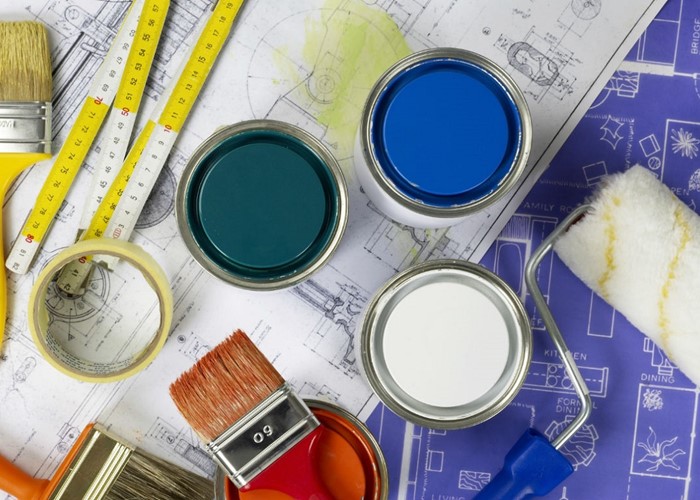DIY spending soars

Spending on DIY at highest level since 2008.
Spending on do-it-yourself (DIY) home improvements soared 10% last year, according to research from Lloyds Bank.
As a nation we spent £5.5 billion on DIY last year, the highest level since 2008. That works out as around £200 per household.
“The latest figures provide further evidence that people are continuing to increase their spending on DIY and home improvements as the economy and housing market pick up,” said Andy Hulme, mortgages director at Lloyds Bank. “This followed a sharp fall in spending between 2007 and 2011, which reflected the worst of the economic and housing downturns during this period.”
What we are spending our money on
Spending on tools and materials for home improvements, ranging from plumbing tools to lawnmowers, increased by 9% from £4 billion in 2013 to £4.4 billion in 2014.
However, we weren’t getting other people to do the hard work for us. Spending on tradesmen rose by only 1%. This means that for every £1 spent on tradesmen, almost £4 was spent on DIY tools and materials.
The total amount spent on home maintenance (DIY and tradesman’s services combined) rose by 8% to £6.9 billion in 2014. That's the third straight annual increase, with spending on home maintenance now also at its highest level since 2008.
Cut the cost of your home insurance with loveMONEY
Home maintenance and house prices
The past decade has clearly demonstrated how spending on home maintenance has a strong link to the performance of the housing market, according to Lloyds Bank. Spending fell by 36% between the height of the housing market in 2007 and the bottom of the market in 2011. But as the market recovered between 2011 and 2014, spending on DIY rose too.
The cost of getting it wrong
While DIY may be on the increase, that doesn’t mean our homes are necessarily improving.
Research from Nationwide found that many of us aren’t very good at household maintenance. According to the study, 80% of us have had a go at DIY but often with disasterous results. More than half of us (56%) admit to having botched jobs in the past. The most common cause of damage is spillages, including spilt paint, glue or white spirit.
“The Bank Holiday is a prime time for getting stuck into jobs around the home you’ve been putting off. Unfortunately, you can end up causing more damage than good,” said Martyn Dyson, Nationwide’s head of general insurance.
“Nationwide’s advice to anyone looking to do home improvements this weekend is not to rush into it, stop and think about the job in hand, be realistic about your capabilities and make sure you are covered if things do go wrong.”
Less than 10% of us claim on our home insurance for costs incurred due to botched DIY jobs, but many policies allow for accidental damage. So if you make a mistake with your DIY check your home insurance to see if it will cover the cost of repair.
Cut the cost of your home insurance with loveMONEY
More from loveMONEY:
Comments
Be the first to comment
Do you want to comment on this article? You need to be signed in for this feature